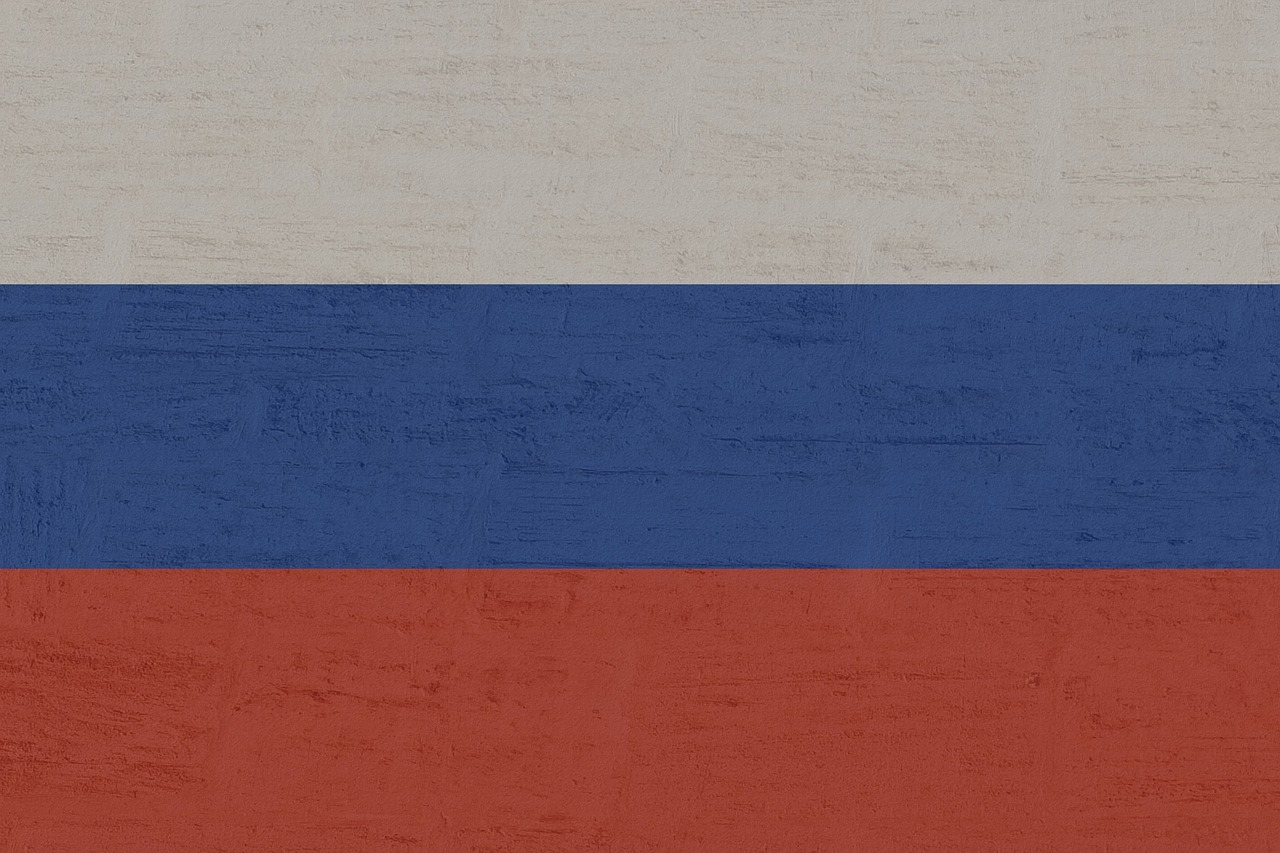
Companies and government institutions alike have long been on the alert for cyber incidents motivated by foreign interests. In an environment like the geopolitical landscape of the past several years, especially, major cyberattacks from overseas entities, both state-affiliated and otherwise, are a source of concern for many organizations.
Recent investigations have turned up evidence of Russian involvement in a major hack of the system that handles federal court documents. This breach is significant in its exposure of highly sensitive legal records, potentially including identifying information regarding sources and individuals charged with crimes related to national security. This hack was disclosed just before a planned meeting between Donald Trump and Vladimir Putin on Friday.
The Breach in Detail
The publicly available information about this breach shows signs of its origins and the range of the potential damage. Evidence pointing to Russian involvement includes the accessed documents being related to overseas criminal activity, as well as other information based on testimony from anonymous sources from current and former officials.
Investigators are unsure whether the responsible entity is a criminal group, a government entity, or another source, but the intrusion is described as an effort across multiple years to infiltrate the federal court records system. The breach represents the potential exposure of intelligence sources and national security case information, among other highly sensitive documents.
Scope of Compromised Cases
At this point in the investigation and disclosure process, the full scope of this breach is unknown. However, it is known that some of the searches made have included “midlevel criminal cases” in New York City and other jurisdictions—including South Dakota, Missouri, Iowa, Minnesota, and Arkansas—some of which involved individuals with Russian and Eastern European surnames.
Possible motives for targeting these records include espionage, sabotage, extortion, and many other nefarious purposes. “The idea of targeting sensitive court document systems makes a lot of sense on the international stage to understand the who, what, and why for diplomatic considerations,” says Trey Ford, Chief Strategy and Trust Officer at Bugcrowd, a San Francisco, Calif.-based leader in crowdsourced cybersecurity. Overseas threat groups may have an incentive to launch attacks like this in order to achieve a wide range of goals, from undermining national security to reaping monetary gains from selling sensitive data and secrets.
Government Response
The Justice Department responded to the discovery of this persistent threat with an internal memo confirming the compromise of sealed records. Officials emphasize the urgent need to remove sensitive files from compromised systems and implement strict access procedures. Administrators from the federal court have announced that they are taking measures to protect the compromised network, including restricting access to sensitive documents and increasing control and monitoring of these files.
“We should underscore that smart people working against a human adversary working in campaigns would make a recommendation like this to avoid alerting detection,” according to Ford, “and to allow that threat actor to continue work while they increase the resolution and confidence in the intelligence they're gathering - users, actions, tooling, means, methods.” In this way, the response can mitigate threats like this even while including actions that may not seem immediately remedial.
Geopolitical Context
This disclosure happened just before the August 15th meeting between Donald Trump and Vladimir Putin in Alaska. While the timing of its discovery relative to the meeting is notable, the system intrusion is a years-long breach that is not out of line with previous cybercriminal efforts from Russian actors, who have often targeted federal systems and sensitive documents.
The major infiltration at the hands of Russian threat groups could have broader implications for U.S.–Russia relations, potentially undermining diplomacy and impeding Ukraine peace talks. Russia’s relationship with the U.S., already historically fraught, is subject to significant strain in the face of major, persistent breaches like this one.
Unanswered Questions
Investigators have not yet discovered or disclosed which Russian entity or entities may be involved in this campaign, whether it be intelligence, military, or criminal organizations. It is also unknown whether any other nations participated in the hack or took advantage of the same vulnerabilities to carry out their own attacks. These factors may come to light as investigation and remediation efforts continue.
Experts are also unsure how this breach was able to persist for years without being detected or addressed. The years-long presence of threat actors within such a significant federal system should have been detected or blocked at some point if security protocols were sufficient. This breach highlights a potentially catastrophic gap in the protection and monitoring of sensitive systems and documents.
Looking Ahead
There is not a lot of information currently available about this major breach, so the path forward could involve a broad range of impacts. An intrusion of this scope could have significant legal, national security, and diplomatic fallout. The discovery of the infiltration has prompted security experts and federal officials alike to call for increased cybersecurity measures and efforts in protecting judicial systems against attacks like this. There is also the potential for retaliatory or defensive measures in response from U.S. entities.